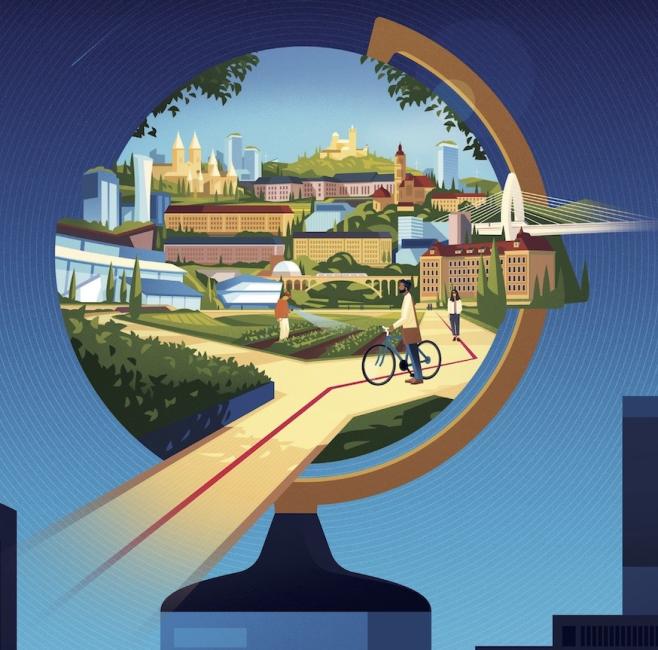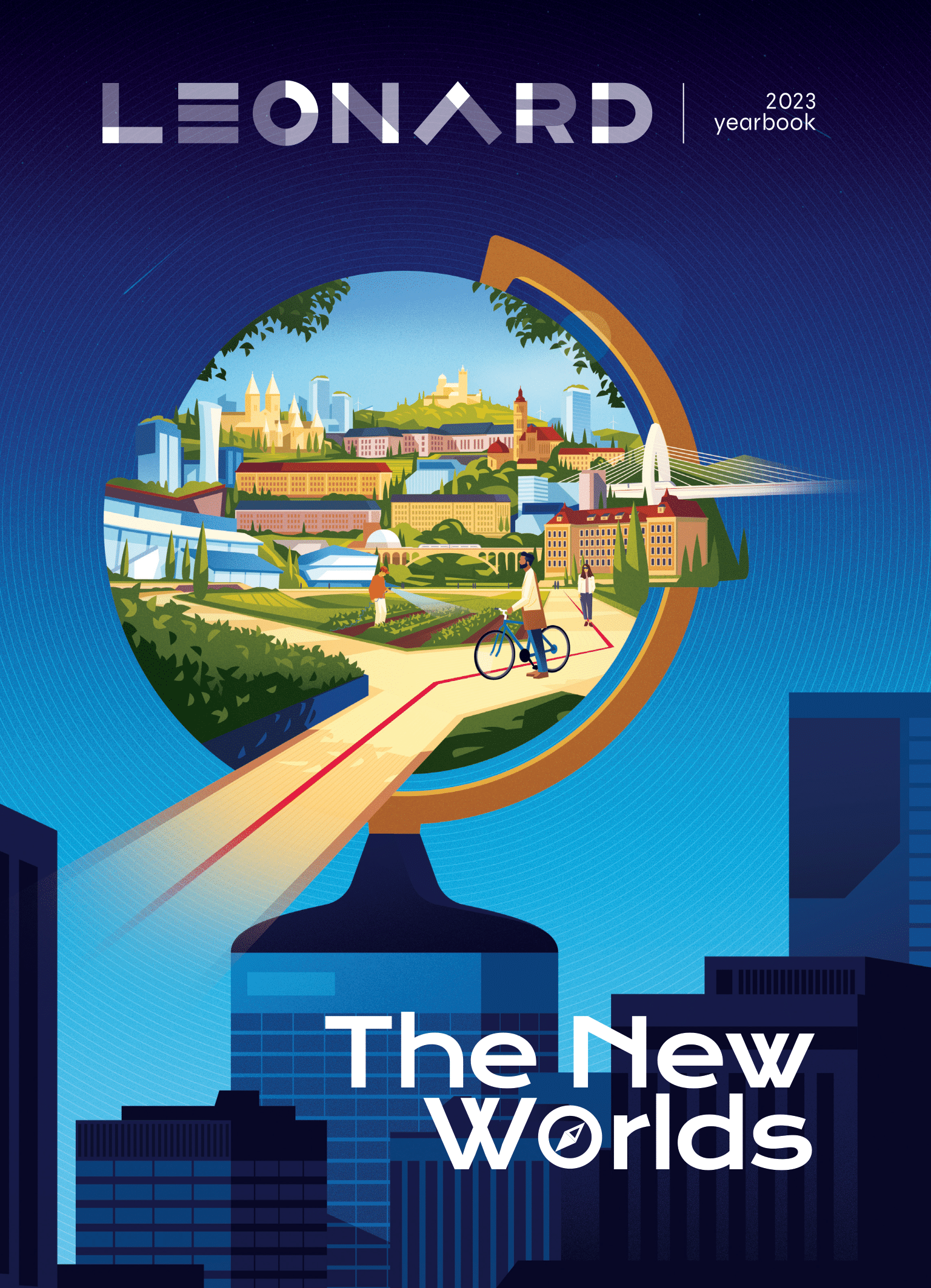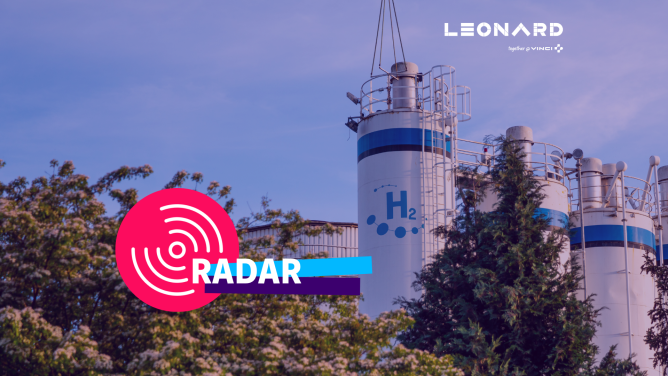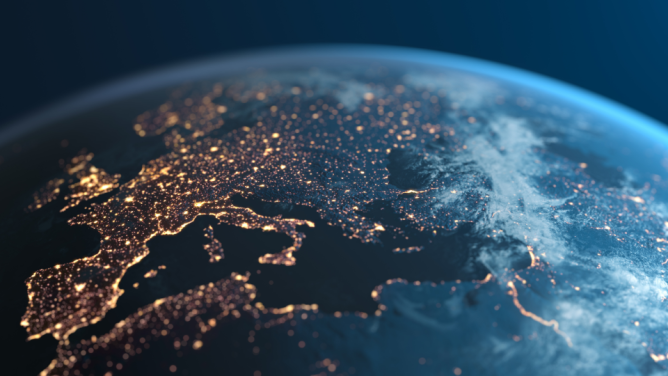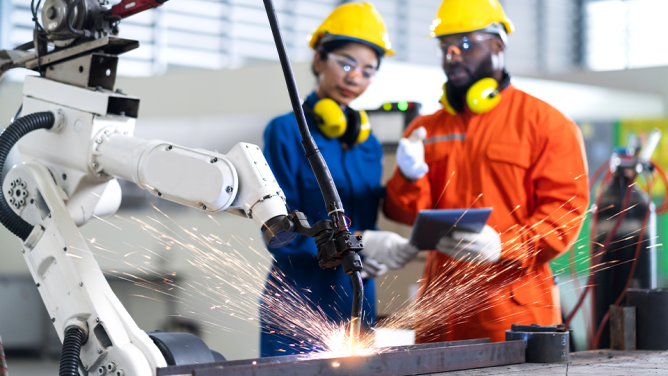Transition is the new frontier
2022 was another year of sad records for the planet. Last May, the sixth of the nine planetary limits identified by the Stockholm Resilience Center, that of the freshwater cycle, was crossed, further endangering the Earth’s natural balances and its habitability. Over the summer, more than 500,000 hectares of forest went up in smoke in Europe. Talk of “new worlds” may come as a surprise, but this is not a flight into space to escape our terrestrial reality. These new worlds are those of environmental and social transition, those that we can imagine, then build, to better inhabit the future.
The transition to sustainable models requires us to make far-reaching changes to our lifestyles, infrastructures and practices. In a world subject to multiple tensions and crises, where uncertainty dominates the horizon, we need to be able to see “beyond”, to anticipate, to project ourselves in order to act more effectively. This troubled context must not cause us to lose sight of the process of decarbonising human activities and our economies, which remains a compass for the actions we need to take.
While the goal of carbon neutrality by 2050 must continue to be the focus of project and funding efforts in this “decisive decade”, we must also take into account the living world as a whole. The response to the challenges posed by adaptation, biodiversity and resource management must go hand in hand with constant attention to economic and social balances, to ensure the acceptability of these necessary trajectories.
To achieve these objectives, the contribution of innovators and entrepreneurs is decisive. It is a sign of hope that investment in start-ups focusing on environmental issues continues to be very buoyant, despite an economic climate that is less favourable to investment in innovation. More than ever, Leonard is working to develop new solutions and create opportunities that will define these new areas of transition.
At Leonard, we are continuing to explore these new territories, both real and virtual, in which transition is embodied. If we are not one day to bemoan our inaction, we must collectively rise to our common challenges. The road to transition can only be travelled by reflecting on the organisational and cultural obstacles that stand in the way of change, and by coordinating all the players at the different territorial levels.
This is why, in 2023, Leonard will continue to bring together all the players involved in this transformation, in the conviction that it is possible to work together to remove the obstacles that are still holding us back from building these desirable futures.
— Julien Villalongue, Managing Director of Leonard
“New Worlds” : Contents
1. The new worlds agenda
2. Geographies
Cabinet of curiosities: towards a resilient city
“The real raison d’être of urban planning today is adaptation” – interview with Franck Boutté
Is the ecological transition a matter for local authorities?
Exploring the challenges of a sustainable blue economy
Marine renewable energies are on a roll
Metayers: between the new frontier and augmented BIM
Tales from virtual worlds
Why do blockchain and tenant farming (often) go hand in hand?
3. Compasses
Sustainable and local: industry’s new clothes?
“VINCI’s objective is to use 90% low-carbon concrete by 2030” – interview with Isabelle Spiegel
The major project on risks in the workplace
Predictive maintenance: industry in the age of care
“Mobility is a system that goes far beyond vehicles” – interview with Pierre Delaigue
Green hydrogen: the challenge of scaling up
Words in the debate
4. Travellers
Solutions put to the test
Accelerating, a shared story
Financing: crisis-proof climate tech?
New worlds, artistic objects?
